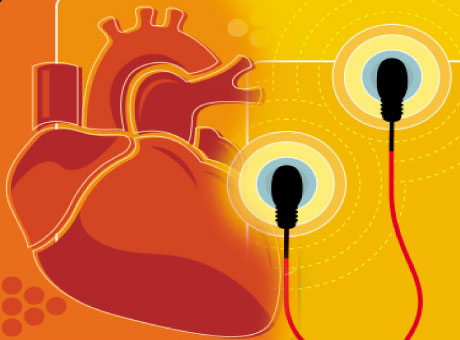
Cardiovascular disability benefit changes recommended
Examining function as well as anatomy

A Washington University scientist has been working with the federal government to answer questions about heart disease and disability.
Serving on an Institute of Medicine (IOM) committee on cardiovascular disability, Robert M. Carney, PhD, helped prepare updates on how to evaluate cardiac disability.
Interestingly, Carney is not a cardiologist. Rather, he’s a behavioral medicine specialist whose research is devoted to how psychiatric illness, depression in particular, increases risk for a second heart attack and for sudden cardiac death.
A professor of psychiatry and director of Washington University’s Behavioral Medicine Center, Carney says sometimes it’s not possible to determine cardiac disability with a stethoscope or an echocardiogram.
Almost 11 million adults and 1 million children are classified as disabled by the Social Security Administration (SSA). But Carney says that when dealing with disability, it isn’t always easy to figure out what is truly disabling versus what is merely difficult to overcome. The SSA uses a screening tool called the Listing of Impairments — the “Listings” — to identify those so severely impaired that they cannot work.
Carney and the rest of the IOM panel recommended updates to the heart disease Listings. Although the extent of heart disease remains a key factor, Carney says the committee agreed that how a person actually functions is the proper “litmus” test for disability.
The committee recommended that functional testing — such as treadmill tests and stress echocardiograms — be used to determine cardiac disability. Collecting information about how an individual does performing day-to-day activities also is recommended. Further, the group suggested evaluating patients for depression and other mood disorders.
“There are physical issues associated with depression that are likely to impair functioning,” Carney says. “As a matter of fact, most studies of depression and heart disease have shown that on their own, each of these conditions are among the most debilitating of any chronic medical condition.






